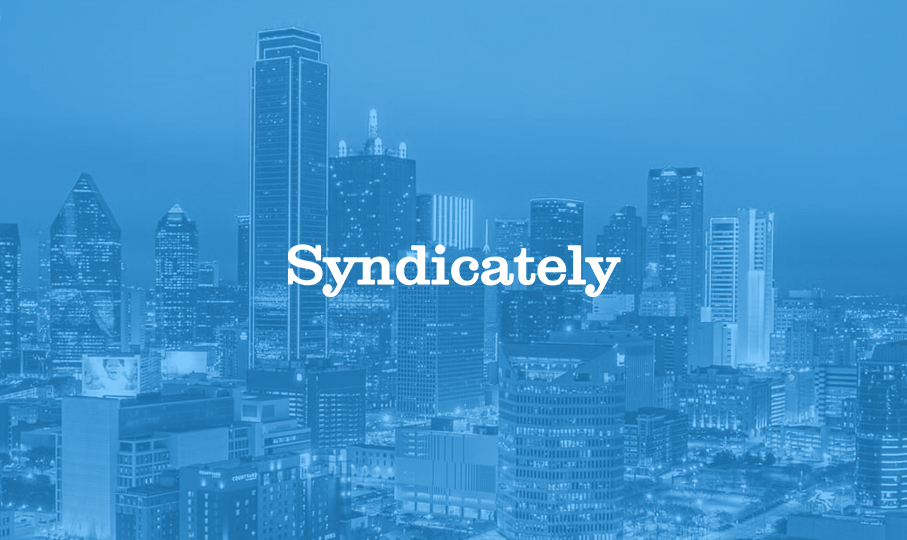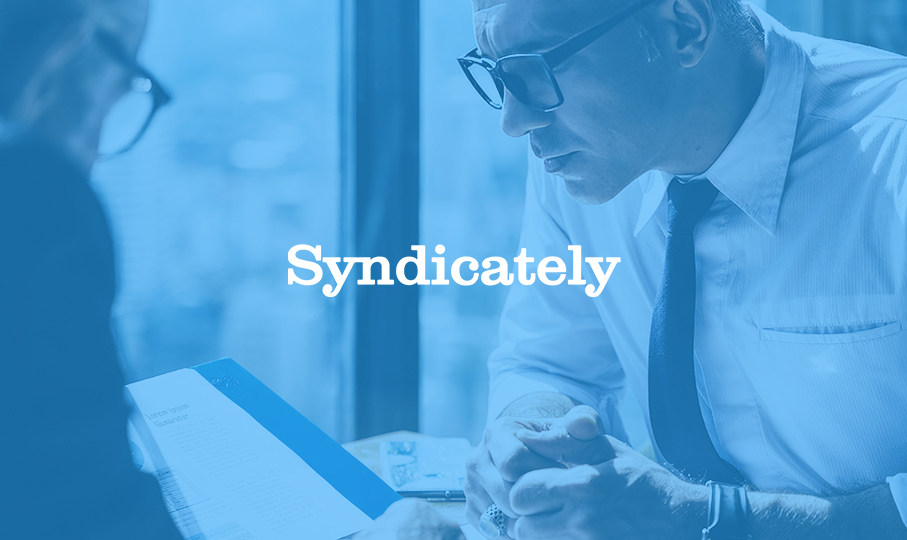Convertible debt is a type of financing that can be converted into equity at a later date, usually at a pre-determined conversion rate. It allows companies to raise capital while giving investors the option to convert their debt into equity in the future.
506b SPV (Special Purpose Vehicle) capital raising is a method of raising capital by issuing securities to a limited number of accredited investors. Convertible debt is often used in this type of capital raising because it allows companies to raise capital quickly and efficiently, while also giving investors the opportunity to convert their debt into equity in the future. Additionally, the use of convertible debt in 506b SPV capital raising may also help companies avoid certain securities regulations.
Understanding the 4 Most Common Types of Convertible Debt: Convertible Notes, SAFE, KISS and Convertible Bonds
Convertible notes
Convertible notes are a type of short-term loan that can be converted into equity at a later date. They typically have a maturity date of one to five years and carry a fixed or variable interest rate. Convertible notes are a popular form of convertible debt for early-stage companies looking to raise capital.
SAFE (Simple Agreement for Future Equity)
A SAFE is a simple agreement between an investor and a company that gives the investor the right to purchase equity in the company at a later date at a pre-determined valuation. SAFEs are a relatively new form of convertible debt and are typically used by early-stage companies to raise seed funding.
KISS (Keep It Simple Security)
KISS is a term used to refer to a convertible debt security that is simple in structure and easy to understand. It is similar to a SAFE, but has a lower investment minimum and no maturity date. KISS is often used by startups to raise small amounts of capital from a large number of investors.
Convertible bonds
Convertible bonds are a type of debt security that can be converted into equity at a later date. They typically have a maturity date of more than five years and carry a fixed interest rate. Convertible bonds are often used by established companies to raise capital and are considered to be more complex than other forms of convertible debt.
Exploring the Connection: How Convertible Debt Types (Convertible Notes, SAFE, KISS, and Convertible Bonds) Fit into 506b SPV Capital Raising
Convertible notes
Convertible notes are often used in 506b SPV capital raising because they provide a way for companies to raise capital quickly and efficiently. They allow companies to raise funds from a limited number of accredited investors without having to give up equity in the company. Additionally, the option to convert the debt into equity in the future can provide a potential upside for investors. In terms of regulations, 506b of SEC Regulation D allows an issuer to raise an unlimited amount of money from an unlimited number of accredited investors and up to 35 non-accredited investors.
SAFE
SAFEs are often used in 506b SPV capital raising because they provide a way for companies to raise seed funding without giving up equity in the company. SAFEs are considered to be a simple and efficient way to raise capital and can be attractive to early-stage investors. As with convertible notes, 506b of SEC Regulation D allows an issuer to raise an unlimited amount of money from an unlimited number of accredited investors and up to 35 non-accredited investors.
KISS
KISS is often used in 506b SPV capital raising because it provides a simple and efficient way for companies to raise small amounts of capital from a large number of investors. KISS is considered to be a less complex form of convertible debt and can be attractive to early-stage investors.
Convertible Bonds
Convertible Bonds are less common in 506(b) SPV capital raising because they are considered to be more complex and may require more time and resources to issue. Additionally, convertible bonds may also be subject to more regulations than other forms of convertible debt. However, these securities are often used by more established companies, who have a more robust financials and a track record of performance.
It’s worth noting that convertible debt securities are not the only option for raising capital under Regulation D 506b, and other securities like equity or debt securities may be used as well.
In conclusion, convertible debt is a type of financing that can be converted into equity at a later date and is often used in 506b SPV capital raising. Four common types of convertible debt are convertible notes, SAFE, KISS, and convertible bonds. Each type of convertible debt relates to 506b SPV capital raising differently, with some being more commonly used than others. Convertible notes and SAFEs are commonly used to raise capital quickly and efficiently, while KISS is used to raise small amounts of capital from a large number of investors. Convertible bonds are less common in 506b SPV capital raising due to their complexity. The use of convertible debt in 506b SPV capital raising may provide a potential upside for investors, but it’s important for companies to consider the potential advantages and disadvantages before using this method of fundraising.




